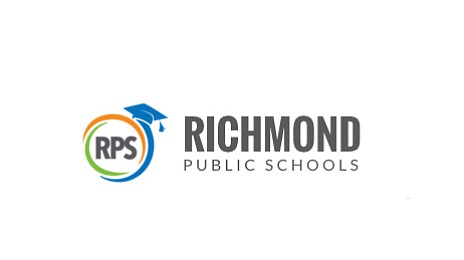Tax law change to affect city utility customers
Jeremy M. Lazarus | 12/29/2017, 12:25 p.m.
In an unexpected twist, Richmond’s utility customers could gain a few dollars of savings on their water, sewer and natural gas bills as the result of the tax overhaul bill that Congress passed last week and President Trump signed into law.
That legislation, as it turns out, will reduce the amount of federal tax the city Department of Public Utilities is required to pay each year into the city treasury, opening the door to returning the savings to customers in the form of reduced rates.
Just as importantly, the change in the tax law could leave City Hall scrambling to make up the money DPU no longer would have to contribute.
City officials have confirmed that the federal income tax overhaul would have an impact, but have yet to calculate what it means for customers or for city revenues.
A suggestion that DPU’s contribution could be reduced as much as $5 million a year has yet to be confirmed.
The upheaval is being caused by the change in business tax rates, officials stated in response to queries from community activist Charles Pool and the Free Press.
Among other things, the tax bill slashed the top tax rate on business income from 34 percent to 21 percent, effective Jan. 1.
The reason that impacts DPU is a little-known provision in the City Charter that requires the city-owned utility enterprise to pay into the city treasury the equivalent of the taxes that would be owed if DPU were privately owned.
The budget lists the DPU contribution as a payment in lieu of taxes, or PILOT.
In the current 2017-18 budget, the PILOT is projected at $27 million, or about 4 percent of the total revenue the city anticipates collecting.
The PILOT that DPU is mandated to pay to the city includes federal income taxes and city taxes on real estate, personal property and gross receipts. Richmond is the only municipality in Virginia that incorporates income tax into the required payment from a utility department.
The PILOT payment rarely is broken down, and the figures provided by DPU over the years have varied when it comes to the amount attributed to tax.
DPU reported a combined net income before taxes of $40.6 million for its gas, water and sewerage utilities, according to the city’s comprehensive annual financial report.
Based on a 34 percent rate, the federal income tax share of the PILOT would have been $13.8 million. That tax amount would shrink to about $8.5 million if the federal income tax rate were reduced to 21 percent.
The tax law change will begin to affect business and personal income in 2018.
Thus, any change in DPU’s contribution could be felt in the final six months of the current city budget and beyond.






